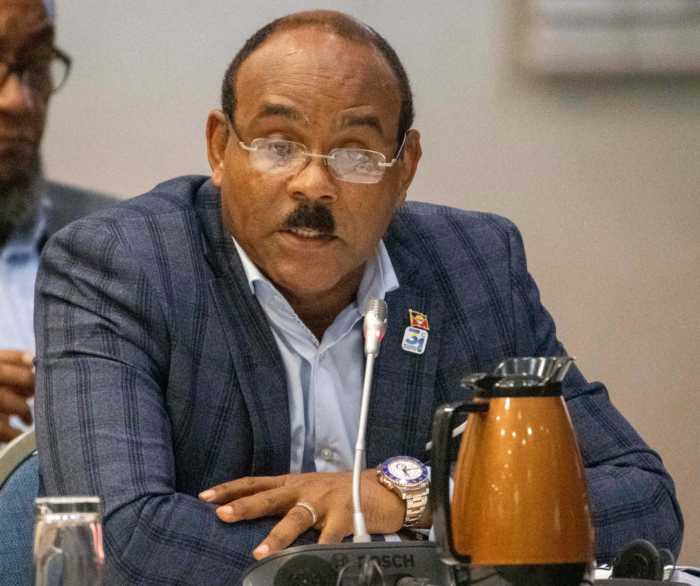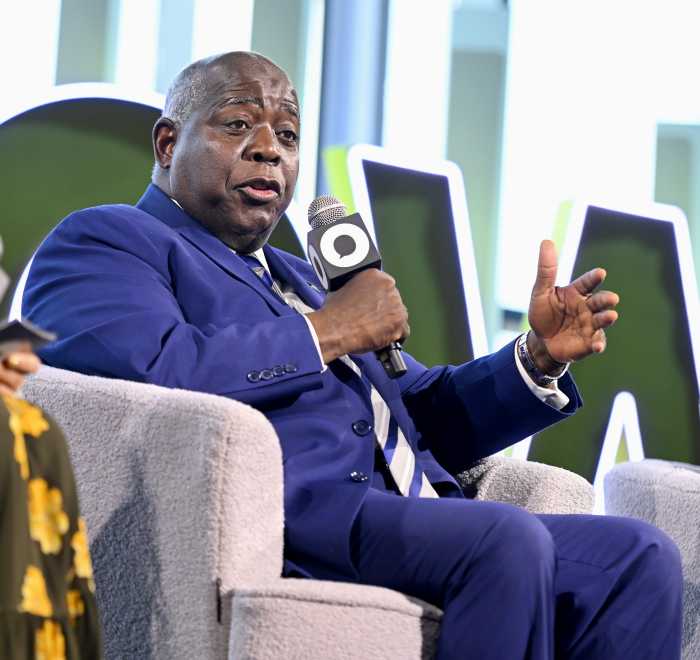Bermuda’s governing Progressive Labor Party (PLP) is planning to lay the foundation for independence from Britain in the coming months. Its leaders say it is patently unfair that London still has so much power over the mid-Atlantic island that earns most of its money from offshore financing and tourism.
Premier David Burt says it is “unacceptable in a modern democracy” to have people sitting in offices thousands of miles away making all the major decisions on the lives of islanders.
Bermuda is one of five of Britain’s colonies in the Caribbean, alongside the Cayman Islands, Montserrat, the British Virgin Islands and Anguilla. Except for Montserrat which is a full member of the 15-nation Caribbean single trading bloc, the others have associate membership in the grouping and attends high level meetings.
“The Bermuda constitution order was largely a British contribution to this narrative, and its intent was that we, the people of Bermuda, would finish the story by writing our own chapter called independence,” Burt told a sitting of the national assembly in the past week.
The PLP’s constitution, he argued, demands that it “serves as a vehicle in moving Bermuda to independence. It can and should be no surprise that as its leader and premier, I have no fears about repeating that ultimate aim.”
The PLP is largely supported by the island’s majority black population. It first came to power in 1998 and lasted for three terms before losing to the One Bermuda Alliance (OBA), the successor of the once lily-white United Bermuda Party (UBP).
The island’s white population has always made it clear they do not support any push for independence but PLP officials are making it clear that they think the time is fast approaching to make the effort to break away from Britain a reality. They also think that independence would undermine their influence and sense of privilege whites have enjoyed for more than 400 years.
Part of the reason is that those who would vote to remain in the British union fear a lessening of their living standards if the island becomes independent or that it would experience some of the political trouble its Caribbean neighbors like Guyana, Suriname, Trinidad, Grenada and Jamaica have had since they delinked from the British and Dutch in recent decades.
Nearly half of its island’s population is made up of expatriate workers, serving in the lifeline offshore sector, or as policemen and other civil servants.
It is not clear if Premier Burt thinks that views have changed on the island about independence, given the trouncing a previous government got back in 1995 when nearly 74 percent of those who had participated in a referendum had voted to remain a colony of Britain. Sir John Swan, then leader of government, resigned in disgrace in the aftermath of the vote. Burt says the foundation for independence must be laid and a road may established in the coming months.
Burt says it is unfair that London still “legislates for its colonies from Westminster, a place where we have no voice, a place where we have no vote, and a place where our futures are treated as a convenient political punching bag.”
























